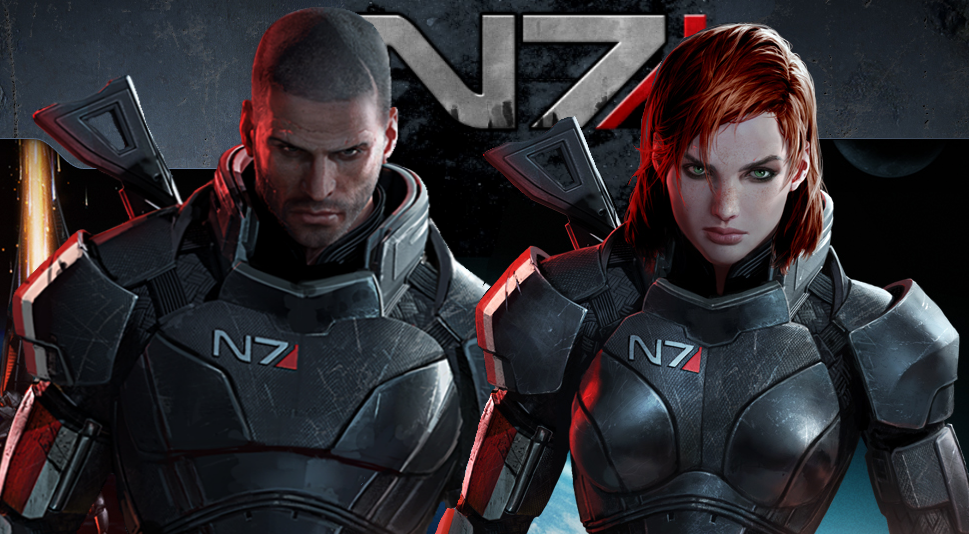That scene in Hotline Miami 2. You know, that scene. The one that Dennaton Games, caught with their proverbial pants down when it was first seen long before release, assured everybody “it’s not what it looks like” about. I haven’t played the game yet, so am in no position to comment on how it is presented in context; but a great many people who have played it have already been vocal about its crass, unnecessary nature. What I’m more interested in discussing, however, is Dennaton’s decision to make this section entirely optional for the player.
Was that the right call?
For those not aware, it seems that the get-out-of-jail-free card Dennaton were hoping to use for the controversial violence and (implied) rape scene is the fact that it is revealed, actually, a-ha! It’s just a movie, not a real criminal act! Again, having not played the game myself, I don’t want to delve too deeply into the rights and wrongs of this section (the game’s opening scene) and how it is presented. I do want to say that I played and loved the first Hotline Miami, to reinforce the fact that I have nothing against the developers when I say this: presuming that a depiction of sexual violence can be excused in such a way implies a severe misunderstanding of what videogames are and how, at a fundamental level, they work.
Imagine this scene was presented in a movie, TV show, or play. The audience at no point before, during, or after the scene play any part whatsoever in the actions of the story. Their involvement is 100% passive. A well-written book would affect the reader emotionally in a way that a visual representation could not, but the point stands. Aside from (but related to) the issue of audience participation in any and all violent acts, there is the potential for the player to identify with the main character in a way that could never really happen in any non-interactive form of storytelling. Whatever this guy’s doing, it must be justified in some way, right? After all, that’s you on the screen.

I therefore find it somewhat ironic that the justification offered for the scene is that it’s just part of a movie. Doubly so when considering the decision to allow players to skip this scene entirely. How many controversial films (or plays, or TV shows, or comics, or books) are there that offer their audience an officially-sanctioned option to sanitise their artistic vision? I always find it laughable when developers and/or publishers cherry pick elements of the movie industry in a desperate attempt to present their product as “artistic” or “worthy” or “mature”, unerringly ignoring the elements that don’t suit them. Those elements, of course, tend to be the most important ones.
By offering an option to skip the scene entirely, Dennaton could be said to be painting themselves into a corner. It’s not good enough to say ‘if it offends you or might offend you, pass it by, that’s fine with us’. The question that immediately springs to mind then, of course, is: why include the scene at all? Are you saying that the game can still be enjoyed and understood without the opening scene? That the scene is entirely superfluous to the experience, and Hotline Miami 2 is no less of a great game without it? If so, why have it there at all? Conversely, if it does play an important part in the story or experience, how on earth can you justify allowing people to skip it? Does either explanation still allow you to mew that your creation is art?
There is precedent for this semi-self-censorship, most famously in Modern Warfare 2. I am of course talking about the infamous ‘No Russian’ mission. The level begins with you in an airport alongside the terrorists you’ve infiltrated undercover; and before long the no-good non-American bad guys are slaughtering innocent, unarmed, terrified civilians with automatic weapons. What really kicked off the controversy is the fact that you have a gun in your hand at this point too, and have the option of joining in the slaughter with absolutely no punishment for doing so. The game shipped with an option to skip this mission.
For what it’s worth, I am of the opinion – in the minority, so far as I can tell – that this was an excellent addition to the game that absolutely should have been there, and was not designed (solely) with free publicity in mind. Note that I said you have the option of joining in the slaughter. It’s entirely possible to keep your finger off the trigger until the murders are over, and you are attacked yourself; though the person playing in the above video certainly didn’t take that option. I hasten to add that this mission could have been done a lot better. While it is absolutely vital to the overall story, close examination reveals embarrassingly large plot holes in this one section alone, and the option to prevent the massacre and/or turn on your terrorist buddies afterwards would have improved the experience immeasurably.
What HM2 and MW2 have in common (apart from both being sequels that just happen to have a supremely controversial element in them to drive publicity) is that they are both games which demand that you kill countless numbers of people without question. It’s quite frankly perverse that MW2 acknowledges at just one point in the game that perhaps not everybody who dies deserves it. The Hotline Miami games are unapologetically about extreme violence and unbridled anger, but this unapologetic attitude needs to be consistent. Dennaton should have (rightly or wrongly) stood by the opening scene of their latest game, or decided that it didn’t fit. Including it with an option to skip is doing neither.
This is an issue for the aforementioned titles because they are strictly linear experiences. There’s nothing wrong with that, but such a design decision does demand consistency and courage when it comes to storytelling. The Mass Effect 3 endings were (quite rightly) ridiculed for several reasons, but the trilogy did almost everything right in terms of story before that point. Gameplay is strictly linear, but the story is largely malleable. The player is able to shape the main character to a small extent, and the overall story to a much larger one; even so far as deciding whether certain major characters live or die. On top of that, there is a veritable army of entirely optional missions, tasks, and areas. The end result is that the canon story is only fuzzily defined, but that doesn’t matter. Everything that the developers feel is vital is laid in front of the player, while it’s up to the audience to decide how vibrant and detailed they want the story’s universe to be.

I’d like to believe that Hotline Miami 2 marks the final time controversial content is included in a game diluted by the option to ignore it. Not because I believe that particular example is excusable or inexcusable, but because such a decision belittles games as a whole. Pet Sematary, while not Stephen King’s best work, is a book that haunts me to this day due to the deeply unsettling final chapters, which are horrific in the true sense of the word. I refuse to explain why, because if you don’t know I strongly encourage you to read it; but if events were less emotionally powerful, it simply wouldn’t be the same story.
Developers, I implore you; if you’re putting a narrative element into your game that you know damn well will be controversial, think long and hard about whether or not you’ve made the right choice. If you’re sure, keep it, and defend it with all your might. If you’re not sure but want to keep it for the free press, maybe it’s time to stand down and let a grown-up do the writing.








Comments